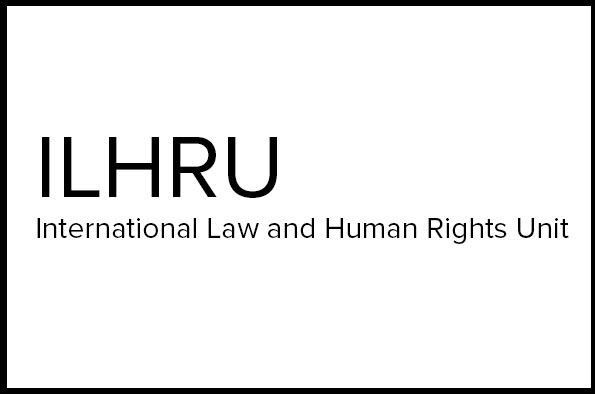
Parliamentary Sovereignty and The Locus of Constituent Power in the United Kingdom
Start time: 15:00 / End time: 17:00 / Date: 16 Oct 2019 / Venue: Seminar Room 10 Rendall Building Open to: Any UOL students / Any UOL staff Type: Seminar Cost: Free event - registration is not required Contact: For more information contact Marketing, Recruitment and Events at slsjmret@liverpool.ac.uk
About the event
Alan Greene, Birmingham Law School
This paper argues that parliamentary sovereignty’s assimilation of constituent power — the ultimate power in a legal order to create and posit a constitution — has stultified the development of British constitutional law. The result is a deeply ideological, as distinct from oft-heralded pragmatic, constitutional structure that is incapable of confronting the systemic challenges the UK currently faces. By conceptualising a more antagonistic relation between the Crown in Parliament and ‘the People’ by questioning the democratic credentials of the former, this paper contends that the UK constitutional order can be re-invigorated. This re-appraisal, however, also requires the interrogation of the notion of ‘the People’ in the UK constitutional order itself.
Part I argues that despite what appear to be substantial constitutional reforms in recent decades, parliamentary sovereignty’s inviolability is stultifying deeper constitutional reform. The result is a constitutional law in ‘crisis’ in search of a paradigmatic revolution. A descriptive — as distinct from normative — account of constituent power is then introduced paving the way for a distinction to be drawn between the possessor of constituent power in a constitutional order and ‘the people’. Constituent power in the context of the UK is then discussed, arguing that parliamentary sovereignty incorporates much what the idea of constituent power does. However, this does not mean that constituent power is vested in ‘the people’; rather, the locus of constituent power in the UK should be more forcefully critiqued from a democratic perspective. By acknowledging this distinction, the sacrosanctity of parliamentary sovereignty can be broached and more effective constitutional reform can follow by embracing this tension between Parliament and ‘the People’.
About the speaker:
Alan Greene is a Senior Lecturer in Law at Birmingham Law School. His research focuses on the limits of constitutionalism, judicial review and the role of courts in vindicating the rule of law. He explores these themes in the context of emergency powers, counter-terrorism, constituent power, and the judicial protection of human rights more generally. His first book Permanent States of Emergency and the Rule of Law: Constitutions in an Age of Crisis (Hart Publishing, 2018) was shortlisted for the 2018 Society of Legal Scholars Birks Prize for Outstanding Legal Scholarship. He has published widely in journals such as Legal Studies, The International and Comparative Law Quarterly, The Modern Law Review, Public Law, and The Irish Jurist.
Add this event to my calendar
Click on "Create a calendar file" and your browser will download a .ics file for this event.
Microsoft Outlook: Download the file, double-click it to open it in Outlook, then click on "Save & Close" to save it to your calendar. If that doesn't work go into Outlook, click on the File tab, then on Open & Export, then Open Calendar. Select your .ics file then click on "Save & Close".
Google Calendar: download the file, then go into your calendar. On the left where it says "Other calendars" click on the arrow icon and then click on Import calendar. Click on Browse and select the .ics file, then click on Import.
Apple Calendar: The file may open automatically with an option to save it to your calendar. If not, download the file, then you can either drag it to Calendar or import the file by going to File >Import > Import and choosing the .ics file.